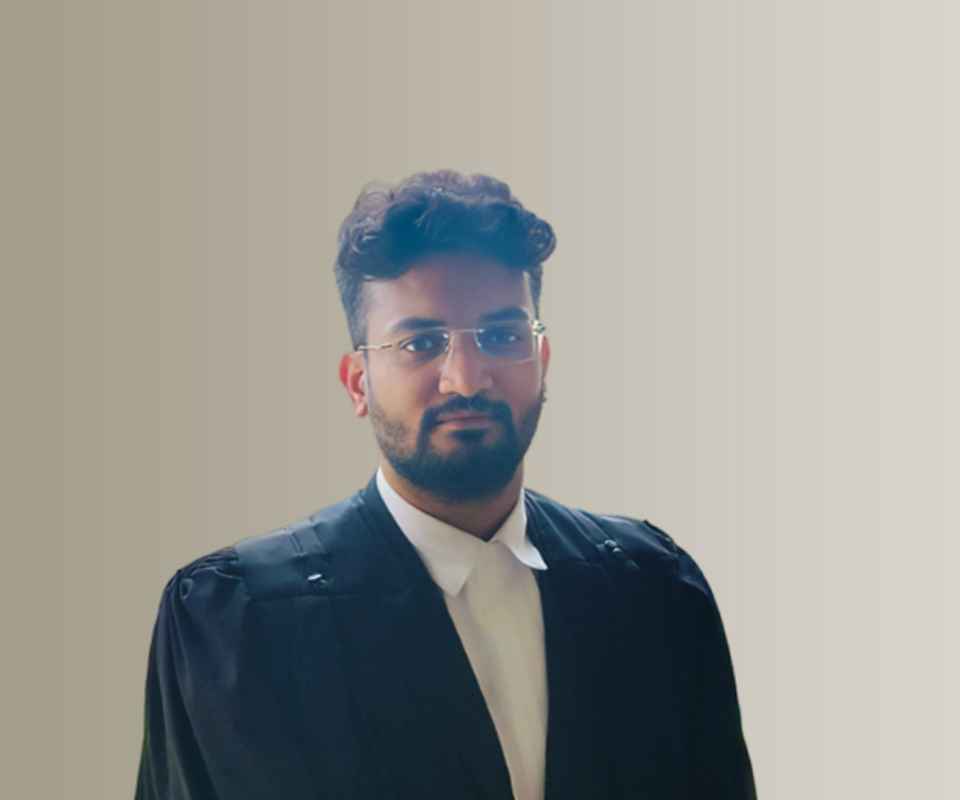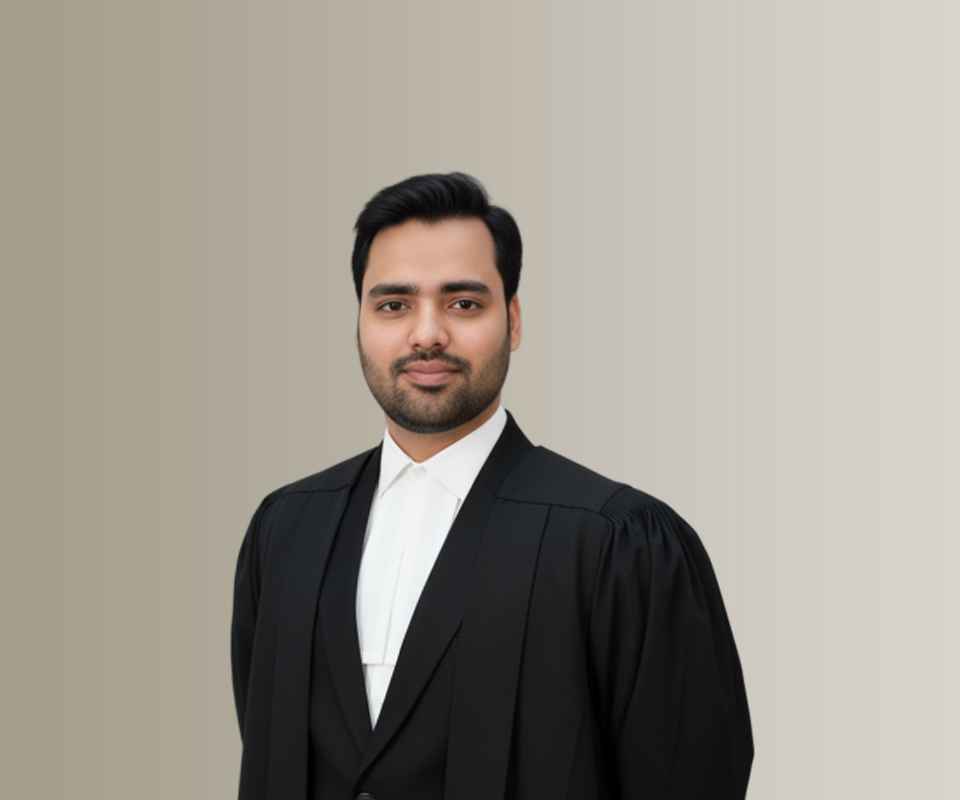Answer By law4u team
The fight for racial justice is deeply interconnected with broader human rights movements, as both aim to challenge systems of oppression, inequality, and discrimination that affect marginalized communities. Racial justice is a critical aspect of the larger struggle for human rights, which includes the right to live free from discrimination, access opportunities for social and economic mobility, and enjoy dignity and equality under the law. Movements for racial justice and human rights often intersect, as the issues of race and identity are central to many global struggles for justice.
How Racial Justice Intersects with Broader Human Rights Movements:
Intersectionality of Oppression:
The concept of intersectionality, coined by Kimberlé Crenshaw, emphasizes how various forms of oppression (such as racism, sexism, homophobia, classism, etc.) intersect and impact individuals who belong to multiple marginalized groups. The fight for racial justice is intertwined with efforts to address gender inequality, LGBTQ+ rights, disability rights, and labor rights, as these groups often face compounded forms of discrimination. For example, Black women face both racial and gender discrimination, which requires an integrated approach to advocating for their rights.
Global Struggles for Equality and Dignity:
The fight for racial justice is a part of the global human rights movement, which includes advocating for the rights of Indigenous peoples, refugees, migrants, and other oppressed groups. Racial injustice often manifests in human rights violations, such as genocide, forced displacement, and racial segregation. Efforts to dismantle colonialism, apartheid, and slavery are deeply tied to the broader human rights struggle for freedom, equality, and dignity for all people.
Civil Rights and Political Freedoms:
The Civil Rights Movement in the United States in the 1950s and 1960s is a prime example of how racial justice is linked to broader human rights struggles. Leaders such as Martin Luther King Jr. and organizations like the NAACP fought for racial equality within the context of broader political freedoms, including the right to vote, freedom of speech, and the right to peaceful assembly. The movement was not only about ending segregation but also about asserting the right to participate fully in the political and social life of the country.
Anti-Colonialism and Racial Justice:
The fight against colonialism and imperialism is inherently connected to racial justice, as colonized peoples were often subjected to brutal racial discrimination and exploitation. Racial justice movements in post-colonial countries, such as those led by Nelson Mandela in South Africa or Mahatma Gandhi in India, were part of broader struggles for independence, dignity, and human rights. The legacy of colonialism continues to influence global racial justice efforts today, as many former colonies continue to battle inequality and systemic oppression.
Economic Justice and Labor Rights:
Economic inequality and racial injustice are often intertwined. Historically, people of color have been economically marginalized, excluded from equal employment opportunities, and subjected to low-wage labor. The fight for racial justice includes advocating for fair wages, equal labor rights, and the elimination of discriminatory practices in the workforce. Labor movements, particularly those led by workers of color, are key to challenging economic disparities and ensuring that all individuals, regardless of race, have the opportunity to achieve economic security and mobility.
Solidarity and Collective Action:
Human rights movements worldwide have shown that solidarity across different struggles is essential for achieving long-lasting change. Racial justice movements often draw strength from global human rights organizations, such as the United Nations, Amnesty International, and Human Rights Watch, which support the rights of marginalized racial groups. International collaboration amplifies the voices of those fighting against racial injustice, helping to create global pressure for reforms and policy changes.
Criminal Justice Reform:
Racial justice is a major focus of the ongoing global movement for criminal justice reform. From the Black Lives Matter movement in the U.S. to protests against police brutality and racial discrimination in other parts of the world, the fight for racial justice in law enforcement intersects with broader human rights efforts to protect individuals from unlawful detention, torture, and arbitrary arrest.
Example:
The fight for racial justice and human rights converged in the global response to the death of George Floyd in 2020. While the incident sparked protests across the United States calling for justice and police reform, it also triggered global demonstrations in countries like the UK, France, and South Africa, where communities of color are similarly impacted by systemic racial injustice. The solidarity shown by international human rights movements in the wake of George Floyd's death underscores the interconnectedness of racial justice and the broader fight for human rights, highlighting the shared struggles for equality and dignity worldwide.







